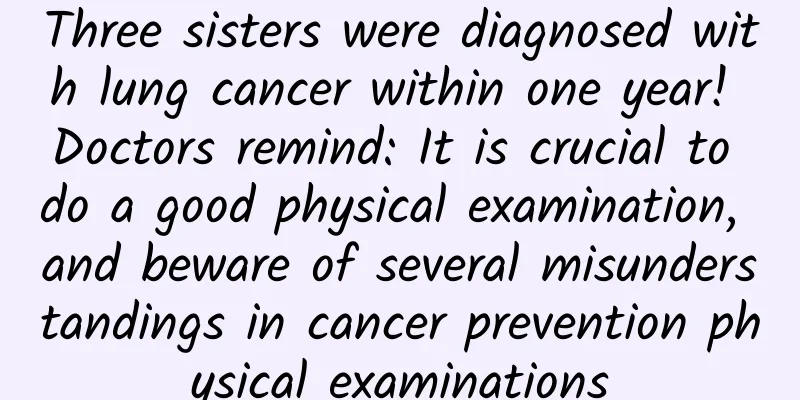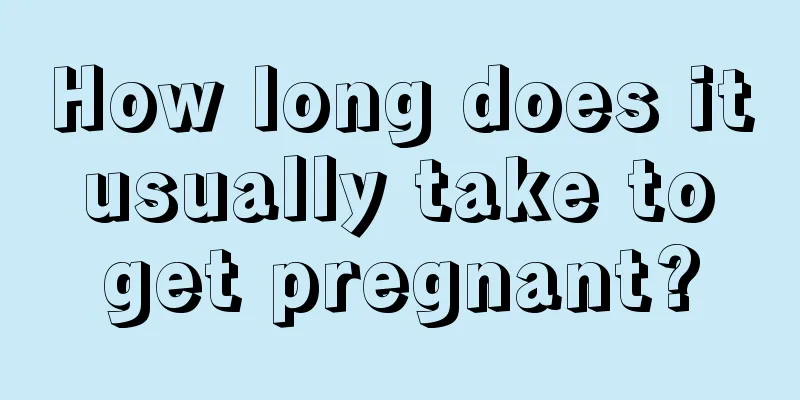What to do if you are pregnant for one week

|
Generally speaking, pregnancy reactions only appear after more than thirty days of pregnancy. Common reactions include nausea and vomiting, which are all signs of early pregnancy. If you are not sure when these signs appear, you should go to a regular hospital for diagnosis. Once pregnancy is confirmed, pay attention to diet and exercise appropriately, and do a good job of protecting the fetus. The earliest sign of pregnancy is delayed menstruation. The fertilized egg usually implants in the endometrium one week after sexual intercourse. If you want to medically determine whether you are pregnant as early as possible, you can go to the hospital's gynecology department for blood HCG monitoring and confirmation. Most women do not experience early pregnancy symptoms such as nausea and vomiting, fatigue, drowsiness, loss of appetite, food selectivity, and frequent urination until about 6 weeks after menstruation. Generally, women will have some special reactions after pregnancy, such as a special preference for certain types of food: this means that you may start adding salt to everything you eat, or always feel that you can't drink enough orange juice. Another strange pregnancy reaction is that you start to crave certain foods that you never had before or that you thought had no taste. Common symptoms and treatments in early pregnancy: 1. Early reaction of pregnancy: cessation of menstruation: Women with regular menstruation should consider whether they are pregnant once their menstruation stops. If your period does not come 10 days after the due date, you should suspect that you are pregnant. If menstruation does not come within 30 days after the due date, you should be highly suspicious. At least you should go to the hospital for a check-up. 2. Nausea and vomiting (morning sickness) in early pregnancy: Nausea may cause people to mistake it for the flu or some other serious illness. Sometimes it's just a little irritability or very mild nausea, but other times it may be retching or vomiting all day long. Nausea and vomiting are mainly caused by hormonal changes during pregnancy and do not require special treatment. The severity is divided into three levels: 1) Nausea, loss of appetite, mild vomiting: Do not eat too much, eating some soda crackers or toast can relieve the symptoms. 2) Severe vomiting, vomiting several times a day: The doctor will give vitamins or anti-emetic injections. 3) Severe vomiting is accompanied by dehydration and electrolyte imbalance, so you need to seek medical attention immediately and hospitalization is required in severe cases. Normally, pregnant women should remain calm and remember not to be impatient, as this will affect the development of the baby and be harmful to the growth and development of the baby in the belly. Therefore, pregnant women should listen to more pleasant music to help the baby's growth. Moreover, we should pay more attention to some basic knowledge about diet and exercise in our daily life. |
<<: How to treat itchy belly during pregnancy
>>: Can a protruding belly button during pregnancy help determine the baby’s gender?
Recommend
Is occult blood in women's urine serious?
Many people don't understand the physical exa...
How to remove vaginal odor?
In life, many women have vaginal odor due to vari...
What to do if you eat mint during pregnancy
For pregnant women, the most painful thing is tha...
The aunt feeling is very strong and it is not coming
Menstruation is caused by the exfoliation of the ...
What causes dull pain in the lower left side of the female abdomen?
Women, especially after getting married, will fac...
Clinical manifestations of malignant and benign uterine cysts
I believe everyone knows the importance of the ut...
How strong is the echo to be?
Although pregnancy is a happy event, many women w...
Why does a woman have lower abdominal pain after ejaculation?
Nowadays, in addition to women's reproductive...
What exercises can help you get back in shape after childbirth?
After childbirth, mothers are most worried that t...
Picture of blood streaked vaginal discharge at 39 weeks of pregnancy
In the late stage of pregnancy, especially when t...
Is Huoxiang Zhengqi Water really a "universal" heat-relieving medicine?
This is the 5009th article of Da Yi Xiao Hu In th...
Gynecological inflammation will get better automatically
Because gynecological inflammation is too common,...
What's wrong with the little girl's irregular menstruation?
Irregular menstruation is a problem faced by many...
At how many weeks of gestation does the fetus enter the pelvis?
At how many weeks of pregnancy does the fetus ent...
Is it good to drink brown sugar water during menstruation?
Many women should drink some brown sugar water du...









